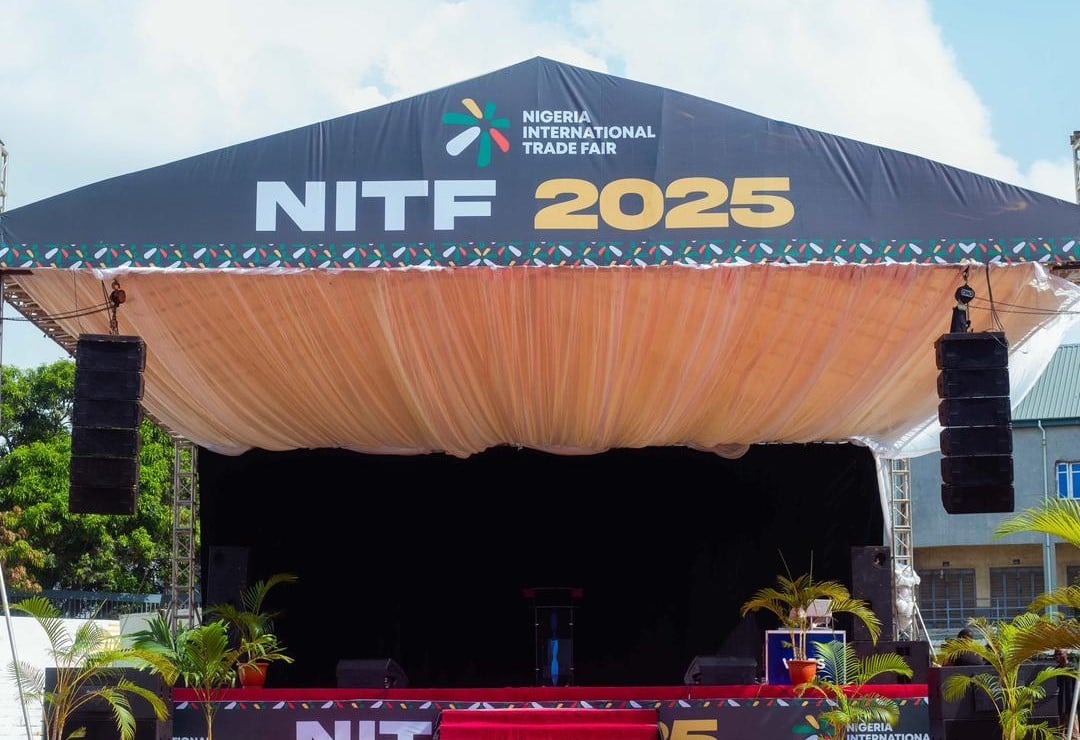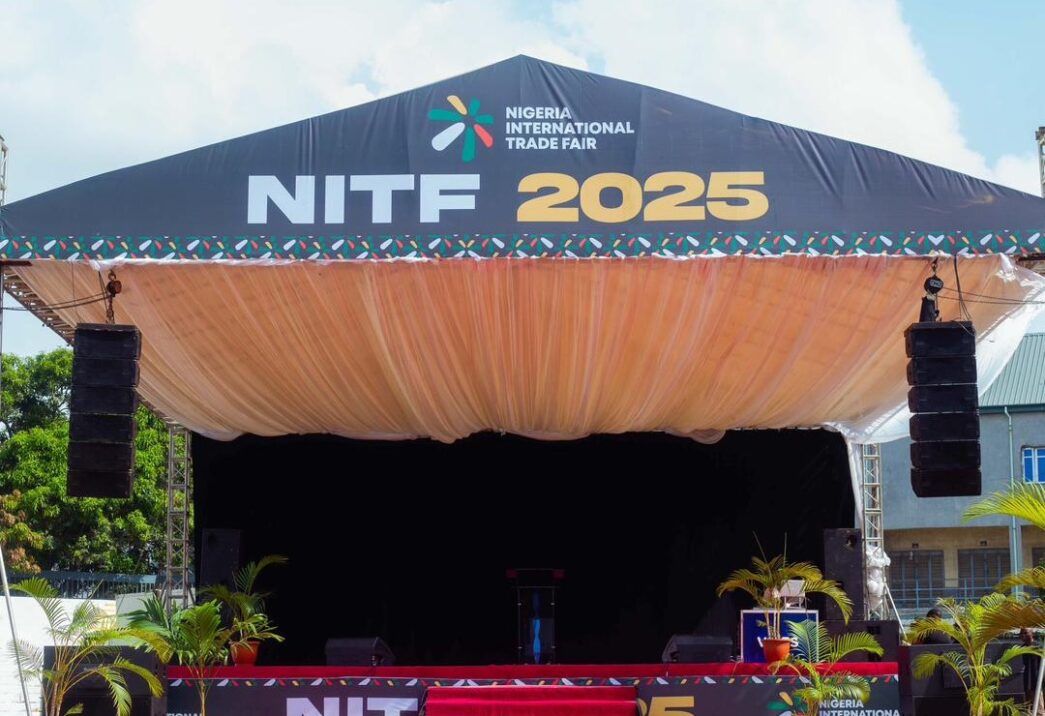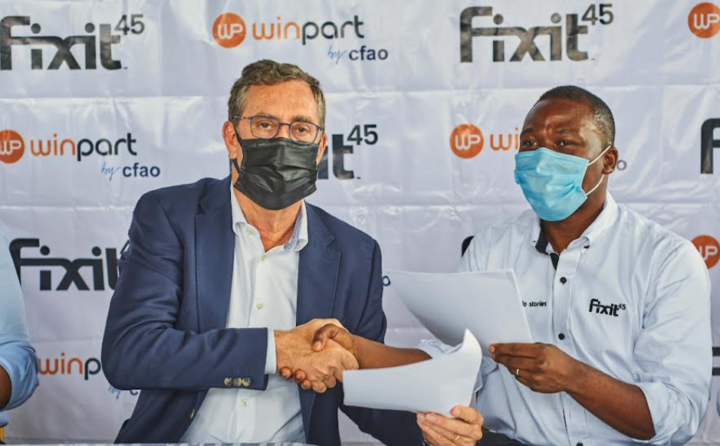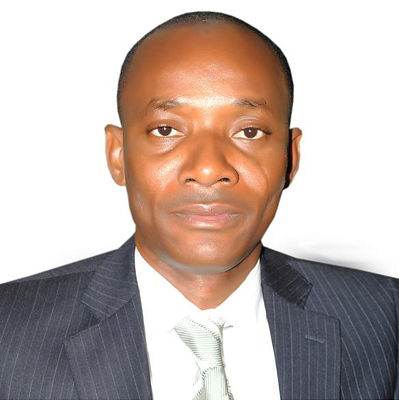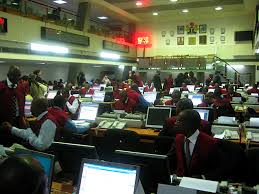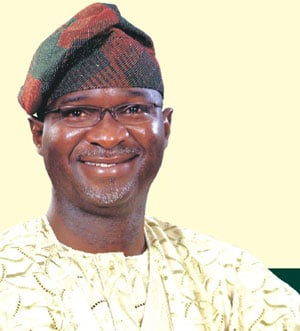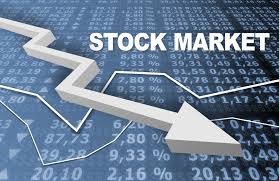The federal government has kick-started the Nigeria international trade fair (NITF) after a 14-year hiatus, hosting over 250 exhibitors and over 1,000 micro, medium, and small-scale enterprises (MSMEs).
The 10-day event, organised by the Lagos International Trade Fair Complex Management Board (LITFCMB), is expected to run from November 21 to November 30 at the Lagos International Trade Fair Complex, welcoming over 4,000 attendees from across 10 countries.
According to a statement issued at the event, the exhibition will include product showcases and business engagements designed to promote investment, strengthen value chains, and support SMEs and large enterprises.
The opening ceremony was attended by government leaders, investors, industry executives, and private-sector partners.
Advertisement
Speaking at the event, Jumoke Oduwole, the minister of industry, trade and investment, said the fair is an integral part of Nigeria’s current economic landscape, noting that the platform continues to shape the direction of trade and business nationwide.
The minister said the NITF will continue to shape the future of trade and business in Nigeria.
“The trade fair and this physical space continue to shape the future of trade and the design of Nigeria, especially at a time when global uncertainty is an ongoing economic threat, involving business, resilience, and partnership,” she said.
Advertisement
“In these sudden times, as our nation faces some difficult challenges in history, Mr President has embodied two big themes in our history in a strong niche.
“It is a step up from a major decision of our nation. But this trade fair is more than an exhibition. It is a testament to our economy, and a reminder that in challenging times, we have to be prepared.”
In her remarks, Vera Safiya Ndanusa, the executive director of LITFCMB, said the board is focused on restoring the complex as a “functional, nationally relevant centre for businesses”.
She said the fairground is being repositioned to support enterprise growth, attract investment, and broaden participation across sectors.
Advertisement
‘DEAD INDUSTRIES WILL BE REVIVED WITH TRADE, INVESTMENT’
On his part, Yahaya Abubakar, the King of the Nupe Kingdom, described the trade and investment as one of the top three thriving sectors in Nigeria.
Abubakar said the federal government must embrace digital innovations to drive industry growth.
The former permanent secretary argued that “dead industries” will be revived if Nigeria pays attention to the trade and investment sectors.
Advertisement
Also speaking, Ahmed Munir, the chairman of the house committee on commerce at the house of representatives, emphasised the critical role of MSMEs in driving Nigeria’s economy.
Munir said MSMEs contribute nearly 50 percent to the country’s GDP and employ the vast majority of Nigerians.
Advertisement
“The engine of our economy is the private sector, particularly our micro, small and medium enterprises,” he said.
He disclosed that the legislature is making efforts to pass and amend laws to ease business operations by reducing regulatory bottlenecks.
Advertisement
The lawmaker said through robust legislative support, “we are ensuring that local manufacturing of goods is prioritised”.
Advertisement
